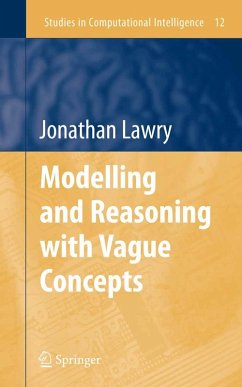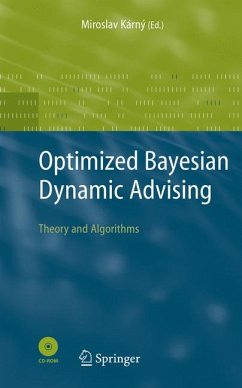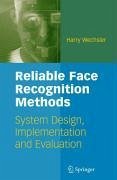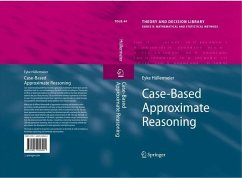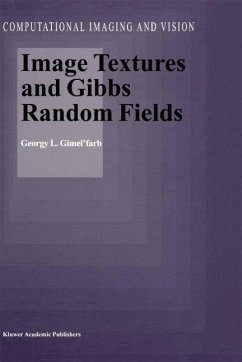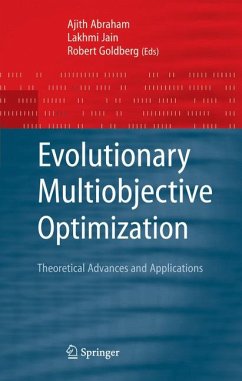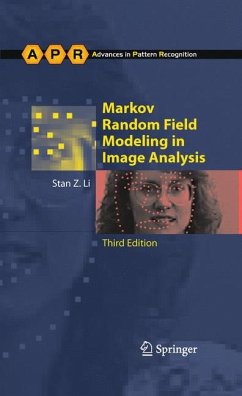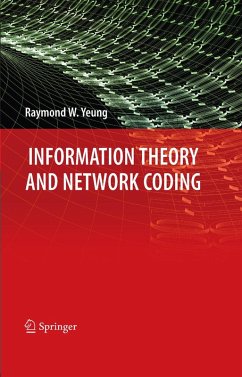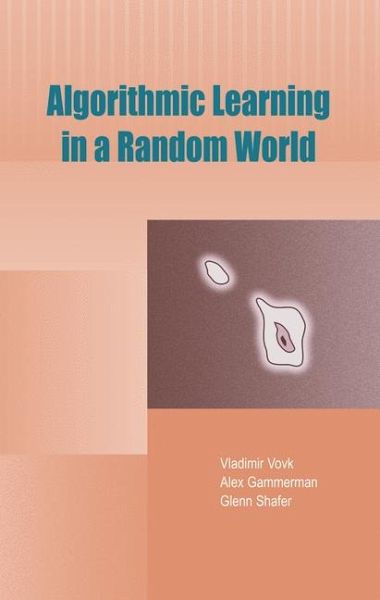
Algorithmic Learning in a Random World (eBook, PDF)
Versandkostenfrei!
Sofort per Download lieferbar
128,95 €
inkl. MwSt.
Weitere Ausgaben:

PAYBACK Punkte
64 °P sammeln!
A new scientific monograph developing significant new algorithmic foundations in machine learning theory. Researchers and postgraduates in CS, statistics, and A.I. will find the book an authoritative and formal presentation of some of the most promising theoretical developments in machine learning.
Dieser Download kann aus rechtlichen Gründen nur mit Rechnungsadresse in A, B, BG, CY, CZ, D, DK, EW, E, FIN, F, GR, HR, H, IRL, I, LT, L, LR, M, NL, PL, P, R, S, SLO, SK ausgeliefert werden.



